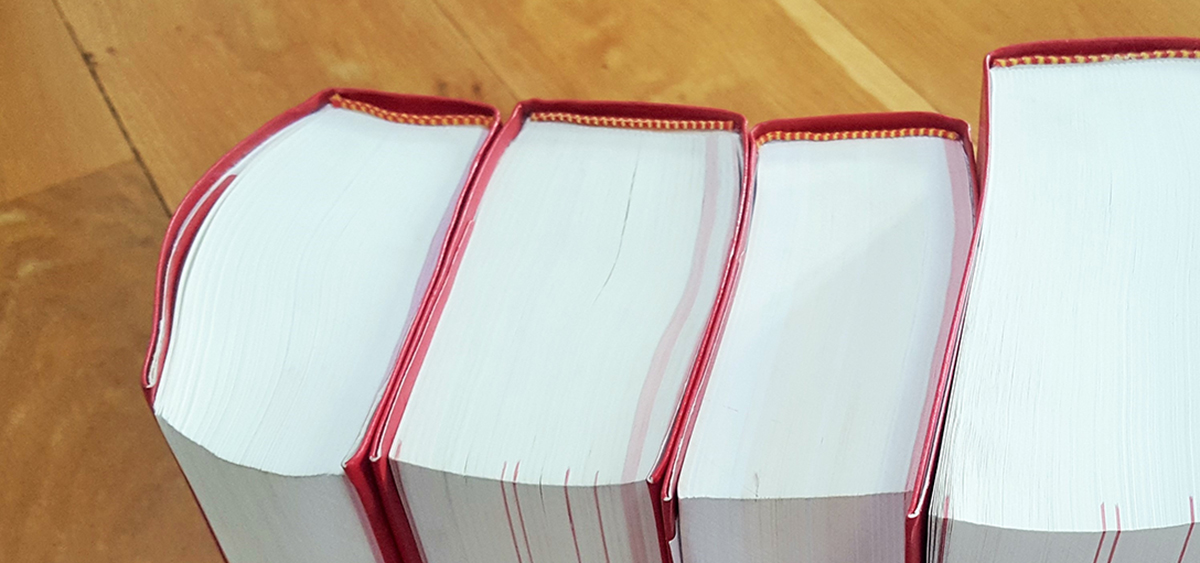The two main categories of law are civil law and criminal law. Criminal law deals with illegal behaviour. Civil law deals mostly with people, their relationships and their property.
In Quebec, most civil law rules can be found in a very big law called the Civil Code of Québec.

Different Areas of Civil Law
Civil law is very broad and includes several different areas. Here are some examples:
- law of persons
- family law
- property law
- contract law
- civil responsibility (responsibility for damage and injuries)
The Law of Persons
The law of persons includes rules dealing with topics such as these:
- a person’s existence (from birth to death)
- who the person is (name, sex, where the person lives, marital status)
- a person’s ability to exercise rights
- personality rights, such as the right to life, integrity, reputation, privacy, etc. (For example, you can exercise your legal personality rights if someone is spreading lies about you or publishes a photograph of you without your permission.)
Did you know?
In civil law, the word “person” refers to human beings as well as to “legal” persons, such as businesses and organizations. Legal persons have rights and responsibilities too.
Legal persons don’t have exactly the same rights and responsibilities as humans, but they can still own property, sue or be sued, change their names, etc.
Family Law
Family law deals with the legal relationships within a family, and between the family and other people. It has rules that apply to marriage, divorce, adoption, living arrangements for children when parents break up, financial support for family members, and much more.
Property Law
Property law has been around for a very long time and is one of the main branches of civil law. Property law deals with the relationships between people and the things they own. For example, property law concerns your rights over your car, your cell phone and even your home. It also determines what happens to lost or abandoned property.
Property law is very broad and covers many different situations.
Contract Law (or the Law of Obligations)
Contract law deals with “obligations.” An obligation is something a person is required to do or not do for someone else. An obligation can flow from the law or a contract.
You probably encounter several contracts each day without realizing it. Buying a sandwich for lunch, joining a gym or taking a taxi all involve contracts, even if there is no written document. For example, if you ask the neighbour’s son to babysit your kids in return for payment, this is a contract: he babysits your kids, and you have to pay him for it.
Contract law provides rules on all aspects of contracts, such as how they are made, the different types of contracts, and how they can be cancelled.
Civil Responsibility (or Civil Liability)
Civil law concerns rights as well as duties. This means you are not allowed to do anything that could harm other people. If you do cause harm to someone else, you might have to “repair” the damage. This general responsibility is referred to as “civil responsibility” or “civil liability.”
What Happens If You Are Responsible for Damage?
As a general rule, civil law does not “punish.” It “repairs” damage instead. Therefore, people do not go to jail for being at fault under civil law.





